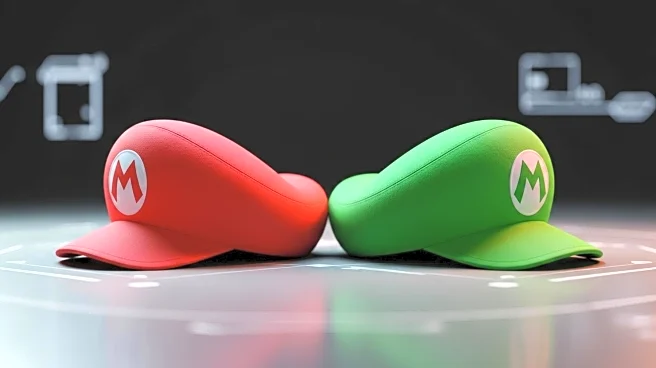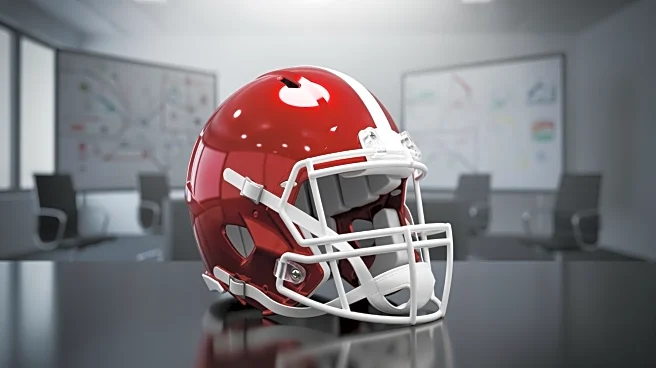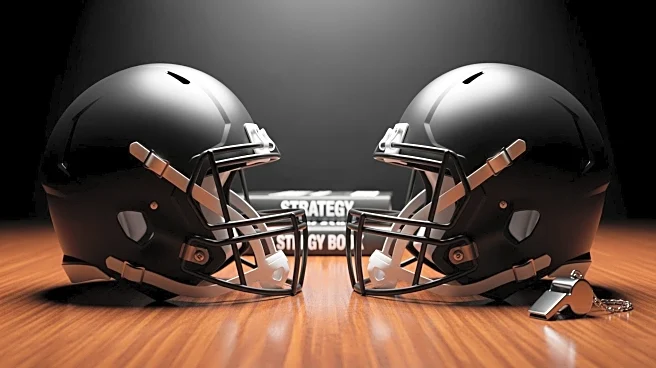What is the story about?
What's Happening?
Nintendo is facing criticism over the pricing of its re-releases of Super Mario Galaxy and Super Mario Galaxy 2 on the Switch and Switch 2 platforms. The games are priced at £34 each or £59 as a bundle, which has sparked debate among consumers who feel the prices are too high for games that are 18 and 15 years old, respectively. Despite the backlash, Nintendo maintains that the pricing reflects the quality and iconic status of these games. The company argues that the best games do not lose value over time and that the pricing is justified by the enduring appeal and design excellence of the Mario Galaxy series.
Why It's Important?
The controversy over Nintendo's pricing strategy highlights the tension between consumer expectations for lower prices on older games and the company's valuation of its intellectual property. This situation is significant as it may influence consumer purchasing decisions and perceptions of Nintendo's brand. The debate also reflects broader industry trends where companies leverage nostalgia and iconic titles to drive sales. Nintendo's approach could set a precedent for how other gaming companies price their re-releases, impacting the market dynamics and consumer behavior in the gaming industry.
Beyond the Headlines
The pricing debate raises questions about the value of art and entertainment in the digital age. Nintendo's decision to maintain high prices for its classic games suggests a belief in the timelessness and cultural significance of its creations. This perspective challenges the notion that older games should be cheaper simply because they are not new. The discussion also touches on the ethical considerations of pricing strategies in the gaming industry, where companies must balance profitability with consumer satisfaction and accessibility.















